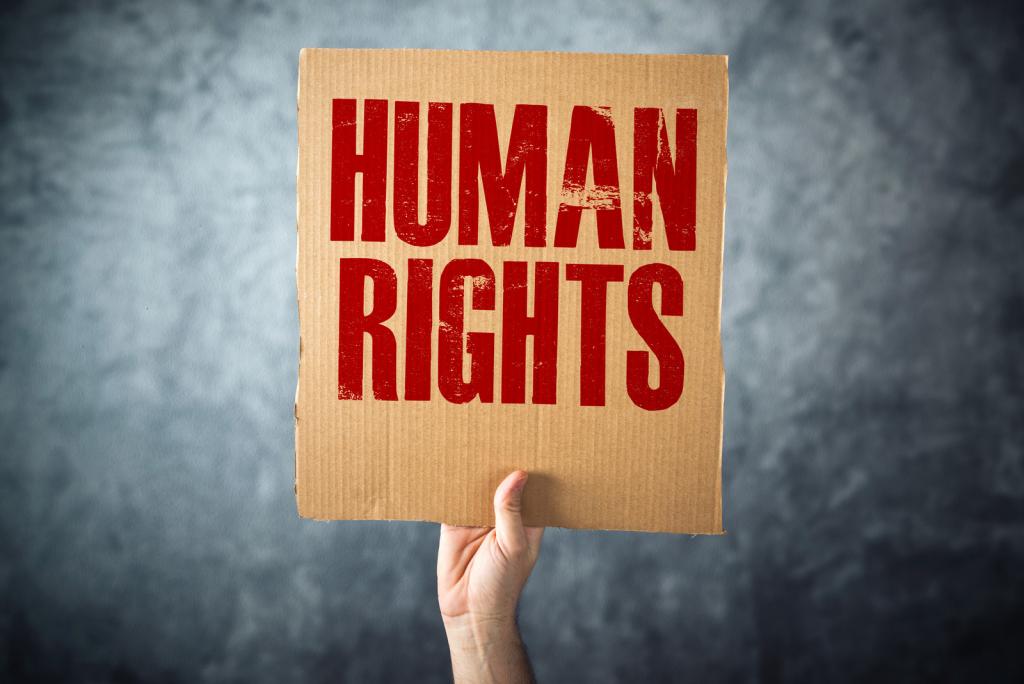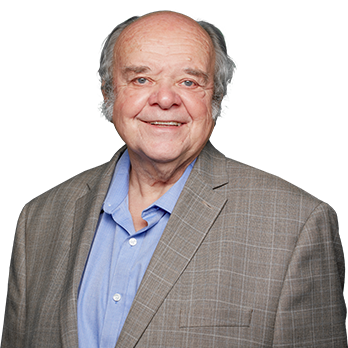BC Human Rights Tribunal sets new high-water mark for injury to dignity damages
Jun 5, 2015
Dr. Carl Kelly was a medical resident in the University of British Columbia’s Family Practice Residency Program. He was terminated from the Program after he experienced difficulty in his residency due to Attention Deficit Hyperactive Disorder and other disabilities.
Decision finding discrimination

© Can Stock Photo
In Kelly v. UBC (No. 3), 2012 BCHRT 32, the BC Human Rights Tribunal found that the Program contravened both section 8 and 13 of the Human Rights Code. Member Marion found that UBC failed to discharge its duty to accommodate Dr. Kelly when it decided, without sufficient consideration, that it could not implement several specific accommodations recommended by Dr. Kelly’s treating psychiatrist and a psychologist who conducted an independent assessment. The Tribunal ordered UBC to cease the contravention and reinstate Dr. Kelly into the program.
Decision on Remedy
In Kelly v. UBC (No. 4), 2013 BCHRT 302, the Tribunal assessed damages flowing from the breach. It awarded Dr. Kelly $385,194.70 for estimated lost wages occasioned by the discrimination. In also awarded $75,000 for injury to dignity, citing the “unique and serious” circumstances of the case. Previously, the highest damages awarded for injury to dignity was $35,000, awarded in Senyk v. WFG Agency Network (BC) Inc., 2008 BCHRT 376. At para. 100-101, the Tribunal wrote,
…I am also of the view that the gravity of the effects of the discrimination in this case warrants a substantial award for damages for injury to dignity, feelings and self-respect which is beyond the highest award that has yet been made by this Tribunal.
My reasons for this are as follows:
a) Dr. Kelly lost the opportunity to complete his medical residency program, to apply for licensing and to practice in the career of his choosing, and for which he had spent considerable time and resources in pursuing the necessary educational underpinning. While he is now participating in the Program again, the potential completion of the Program and commencement of his medical practice has been significantly delayed.
b) I do not accept UBC’s argument that it is not principled to conclude that a person with a life-long passion suffers more than someone without such a passion when they experience discrimination. Each case must be assessed on its individual circumstances. In this case, it is relevant and principled to consider that Dr. Kelly was pursuing an almost life-long desire to become a physician and that the loss of that opportunity had a serious and detrimental impact on him, particularly within the context of his family dynamics.
c) Dr. Kelly suffered deep humiliation and embarrassment as a result of the discrimination, which was ongoing for a significant period of time. He experienced symptoms of depression, including a lack of interest in life, trouble sleeping, and other health-related problems. I accept his evidence about the depth and continuing nature of those symptoms, including his thoughts of “ending it”, from the date of his termination in 2007 until his reinstatement to the Program in 2013, including his loss of self-identity and self-esteem, his feelings of worthlessness, and his despair and uncertainty about his future.
d) Dr. Kelly experienced further embarrassment when applying for jobs and explaining why, with his educational background, he was not pursuing his medical career. As well, he encountered barriers to obtaining employment because of the specialized nature of his skills and education and the perception that he was overqualified.
e) Dr. Kelly lost his source of income and felt compelled to move back in with his parents, losing his independence.
f) Dr. Kelly’s relationships with his family and friends became strained, and he isolated himself socially.
g) Dr. Kelly was in a vulnerable position as both a student and resident who suffered from a mental disability, was compliant with the requests for medical information made of him by UBC, and was dependent upon them to reasonably accommodate his disabilities in order to complete his residency.
This case signals the Tribunal’s willingness to make substantial injury to dignity awards in cases where the circumstances warrant. It is likely that complainants will use this case to argue that their situations should also warrant a large award. It may also lead to an increase in the average injury to dignity award, which prior to Kelly stood around $5000.
UBC has sought judicial review at the BC Supreme Court.
Dr. Kelly, a member of the Professional Association of Residents of British Columbia, was represented by Marjorie Brown and other VSLO lawyers.
















